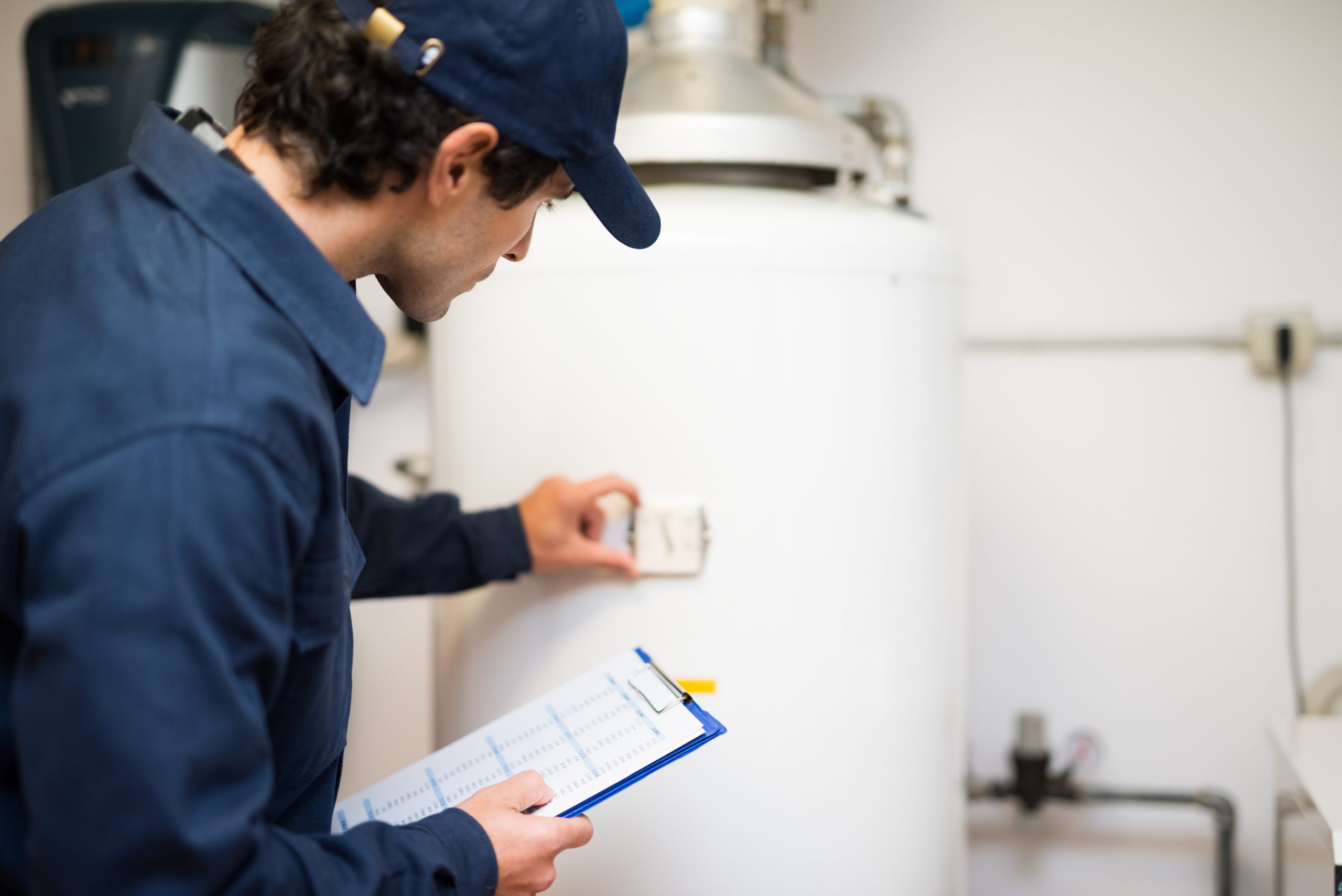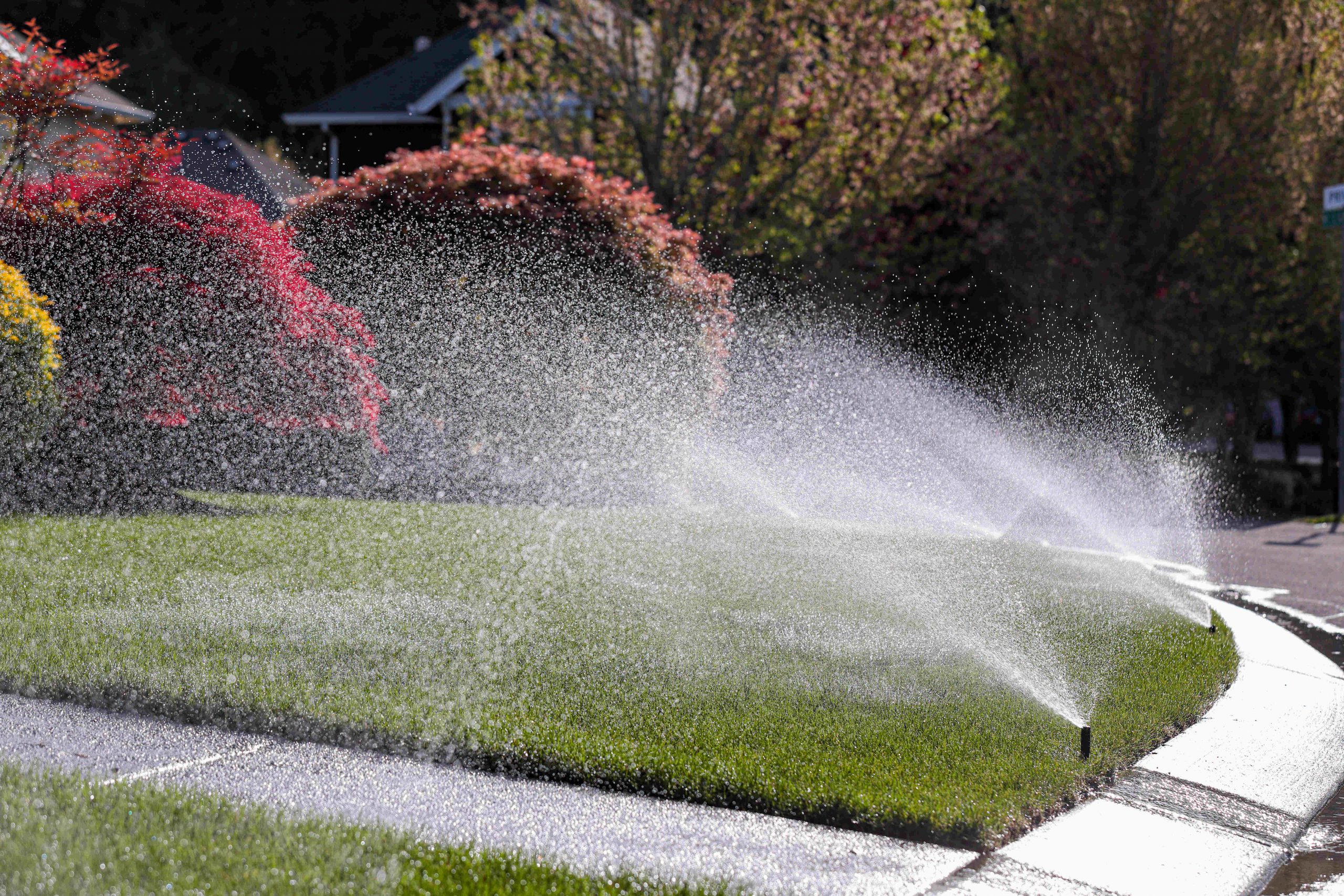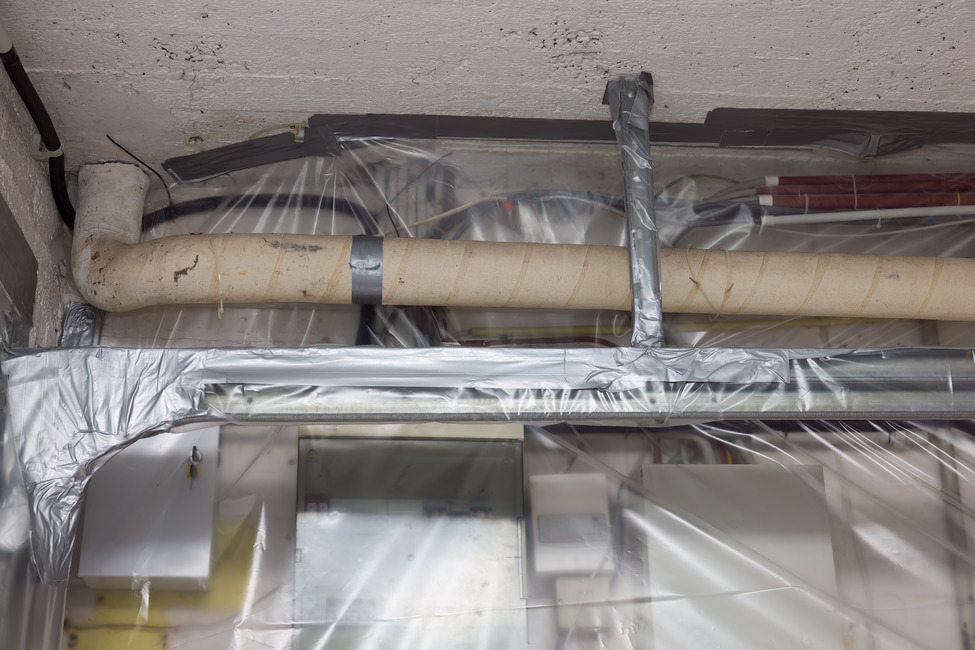Table of Contents
Hot Water Solutions: Traditional Heaters vs. Tankless Systems
Welcome to Casability's exploration of hot water systems for your home. Choosing the right water heating system is crucial for comfort, efficiency, and cost-effectiveness. This article will clarify the differences between traditional hot water heaters and modern tankless systems, helping you decide which is best for your home.

Traditional Hot Water Heaters: The Familiar Choice
Understanding the Basics
Storage Tanks: These heaters store and heat a large volume of water in a tank. The tank keeps water hot and ready for use, maintaining a reserve of heated water.
Operation: Water is heated continuously or on a set schedule, ensuring hot water availability. The heater works to keep the stored water at a consistent temperature, reheating it as needed.
Pros and Cons
Advantages:
- Lower Initial Cost: Traditional heaters generally cost less upfront compared to tankless systems.
- Simpler Installation: Installation is typically straightforward and doesn’t usually require significant modifications to existing plumbing or electrical systems.
- Reliable Performance: Provides a steady supply of hot water for common household needs.
Disadvantages:
- Higher Energy Use: Continuously heating water leads to higher energy consumption.
- Limited Hot Water Supply: Once the hot water in the tank is used up, there is a wait for the tank to refill and reheat.
- Larger Space Requirements: Storage tanks take up more space, which can be an issue in smaller homes.
Tankless Heating Systems: The Modern Approach
How They Work
On-Demand Heating: Tankless systems heat water directly without the need for a storage tank. When a hot water tap is turned on, cold water travels through a pipe into the unit where it is heated by gas or electricity.
Instant Hot Water: Provides hot water only as it is needed, delivering a continuous supply without the limitations of a tank.
Benefits and Drawbacks
Efficiency:
- More Energy-Efficient: Since they heat water on demand, they avoid the standby heat losses associated with traditional tank systems.
- Space-Saving: Smaller units can be installed in various locations, freeing up space.
Higher Initial Cost:
- Typically More Expensive: Both the purchase price and installation costs are higher compared to traditional heaters.
Energy Efficiency and Cost Implications
Comparing Long-Term Costs
Energy Bills: Tankless systems can be more energy-efficient, potentially leading to lower utility bills. By only heating water when necessary, they reduce energy waste.
Lifespan: Tankless heaters often have a longer lifespan, typically lasting 20 years or more, compared to 10-15 years for traditional tank heaters. This can offset the higher initial cost over time.
Water Usage and Capacity
Meeting Your Household Needs
Hot Water Availability: Traditional tanks can run out of hot water, especially during periods of high demand, while tankless systems provide a continuous supply.
Size and Demand: Assess your household's hot water usage to choose the right size and capacity. Larger households with higher hot water demands may benefit more from tankless systems, while smaller households might find traditional tanks sufficient.
Installation and Maintenance
Understanding the Requirements
Installation Complexity: Tankless systems often require more complex installation and may need updates to your home’s electrical or gas systems. This could include higher-capacity gas lines or upgraded electrical circuits.
Maintenance Needs: Tankless heaters require regular maintenance to prevent scale buildup and ensure efficiency. Maintenance typically includes descaling the unit periodically, which can be more frequent in areas with hard water.
Environmental Considerations
Eco-Friendly Aspects
Energy Consumption: Tankless systems are generally more environmentally friendly due to lower energy consumption. By reducing the amount of energy used to heat water, they contribute less to carbon emissions.
Sustainability: Tankless heaters' longer lifespan means less environmental impact from disposal. Fewer replacements reduce waste and the environmental footprint of manufacturing new units.
Suitability for Your Home
Assessing Compatibility
Space Constraints: Tankless heaters are ideal for homes with limited space. They can be mounted on walls and fit into smaller spaces that traditional tanks cannot.
Hot Water Demand: Consider the peak hot water usage in your household when choosing a system. Tankless systems can be ideal for high-demand situations, while traditional tanks may struggle to keep up.
The Bottom Line: Which is Right for You?
Making an Informed Decision
Budget: If upfront cost is a concern, traditional heaters may be more appealing. They offer a lower initial investment but may cost more in energy bills over time.
Long-Term Savings: For energy savings and less frequent replacements, tankless systems are beneficial. Though more expensive initially, their efficiency and longevity can provide cost savings in the long run.
Choosing between a traditional hot water heater and a tankless system depends on your household's specific needs, space, and budget. While traditional heaters are more straightforward and have a lower upfront cost, tankless systems offer efficiency, continuous hot water supply, and space savings. At Casability, we're dedicated to helping you navigate these decisions, ensuring you have all the information to select the best water heating solution for your home.





